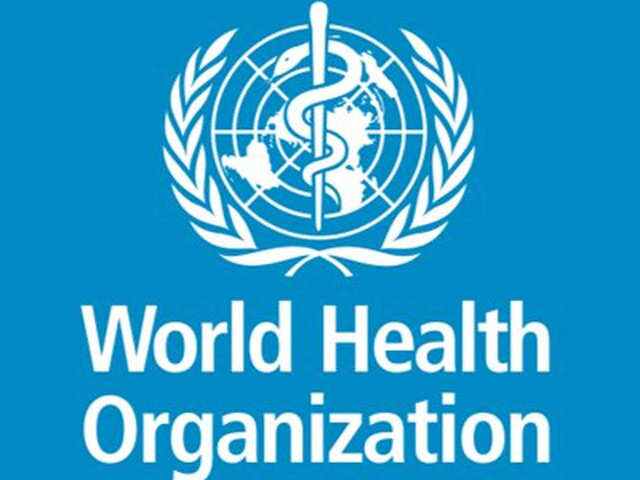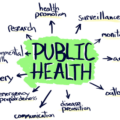The World Health Organization (WHO) defines Public Health as “the art and science of preventing disease, prolonging life and promoting health through the organized efforts of society. Comparable terms for public health are social medicine and community medicine; the latter has been widely adopted in the United Kingdom, and the practitioners are called community physicians.
The practice of public health draws heavily on medical science and philosophy and concentrates especially on manipulating and controlling the environment for the benefit of the public. It is concerned therefore with housing, water supplies, and food. Activities to strengthen public health capacities and services aimed at providing conditions under which people can maintain to be healthy, improve their health and wellbeing, or prevent the deterioration of their health. Public health focuses on the entire spectrum of health and wellbeing, not only the eradication of particular diseases. Many activities are targeted at populations such as health campaigns. Public health services also include the provision of personal services to individual persons, such as vaccinations, behavioural counselling, or health advice. Also See: WHO Definition of Health
The Role of WHO In Public Health
WHO fulfils its objectives through its core functions:
- providing leadership on matters critical to health and engaging in partnerships where joint action is needed;
- shaping the research agenda and stimulating the generation, translation and dissemination of valuable knowledge;
- setting norms and standards and promoting and monitoring their implementation;
- articulating ethical and evidence-based policy options;
- providing technical support, catalysing change, and building sustainable institutional capacity; and
- monitoring the health situation and assessing health trends.
These core functions are set out in the Twelfth General Programme of Work, which provides the framework for organization-wide programme of work, budget, resources and results. Entitled “Not merely the absence of disease”, it covers the 6-year period from 2014 to 2019.
The Public Health System & the 10 Essential Public Health Services
Public health systems: are commonly defined as “all public, private, and voluntary entities that contribute to the delivery of essential public health services within a jurisdiction.” This concept ensures that all entities’ contributions to the health and well-being of the community or state are recognized in assessing the provision of public health services.
The public health system includes;
- Public health agencies at state and local levels
- Healthcare providers
- Public safety agencies
- Human service and charity organizations
- Education and youth development organizations
- Recreation and arts-related organizations
- Economic and philanthropic organizations
- Environmental agencies and organizations
The 10 Essential Public Health Services
The 10 Essential Public Health Services describe the public health activities that all communities should undertake:
- Monitor health status to identify and solve community health problems
- Diagnose and investigate health problems and health hazards in the community
- Inform, educate, and empower people about health issues
- Mobilize community partnerships and action to identify and solve health problems
- Develop policies and plans that support individual and community health efforts
- Enforce laws and regulations that protect health and ensure safety
- Link people to needed personal health services and assure the provision of health care when otherwise unavailable
- Assure competent public and personal health care workforce
- Evaluate effectiveness, accessibility, and quality of personal and population-based health services
- Research for new insights and innovative solutions to health problems.
.
Download: Core Functions of WHO
Core Functions of WHO





